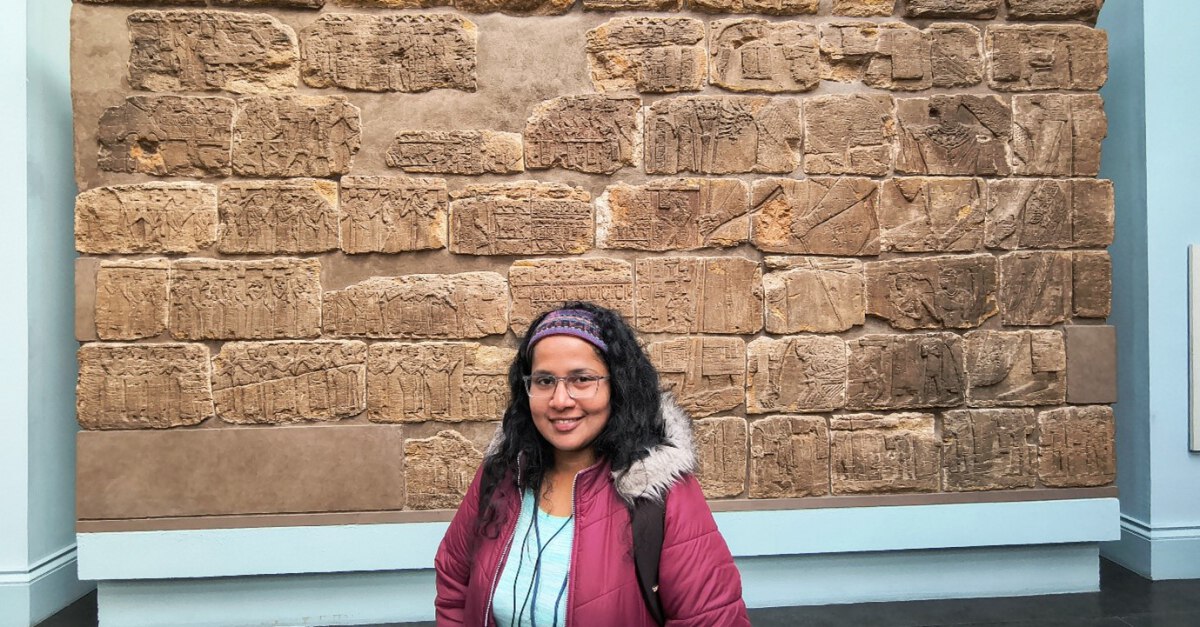Paraphrasing in academic writing
26/10/2021

If you’re writing a paper or assignment, you’ll soon realise that there are many rules to citing and referencing. Following our recent post on using quotations in your academic writing, here we aim to answer some of the most common questions about paraphrasing.
So, what do we mean by paraphrasing?
Paraphrasing is when you use your own words to describe another author’s ideas, but, instead of summarising which provides just a short overview, a paraphrase will include a lot more detail.
Why might I paraphrase someone else’s work in my assignment?
Paraphrasing is a key part of academic writing as it demonstrates to the reader your understanding and analysis of the sources you have read. Paraphrasing is therefore seen as more appropriate than quoting as it demonstrates your own interpretation of the work.
So, if I change a few words around of the original text, will that be ok?
No! There is a lot more to paraphrasing than just word substitution. This would be classed as plagiarism as it will be too similar to the original text.
How do I paraphrase correctly?
To paraphrase well, you will need to read and understand the original text and re-write it in your own words. This will allow your writing to flow and demonstrate that you have understood what you have read. Remember, if you write something too similar to the original, it would count as plagiarism.
Here’s an example:
According to Belbin (1993), individuals can be categorised by nine types of roles, each of which can bring a distinct contribution to team performance. If all nine roles are represented, the team is considered balanced and is predicted to be high performing.
What about my in-text citation?
Anywhere in your work where you have referred to another author’s work, you must include an in-text citation. As shown in the example above, if you are referencing using APA7 or the Author-date style, this should include the author’s surname and the year of publication in brackets. Because you are not quoting, there is no need for a page number. As always, you’ll also need to add a full bibliographic reference to the source at the end of your work. Remember to always allow enough time to check through your references.
If you have any questions about referencing, please get in touch with your Library.
Feature image from Pixabay. Available at: https://pixabay.com/en/office-startup-business-home-office-594132/CC0
Categories & Tags:
Leave a comment on this post:
You might also like…
From Sri Lanka to Cranfield: How a Commonwealth Scholarship transformed my environmental engineering journey
Hi, I’m Kavithanjali Uthayashangar and I’m here to tell you about my journey into environmental engineering. It began with a simple but powerful motivation: a desire to understand how engineering can ...
Inside the Air Transport Management MSc: Classes, assignments, and group project work
What’s it really like to study Air Transport Management at Cranfield? Adit walks us through a typical day, assignment expectations, and the excitement of hands-on group projects. This is the second of three blog ...
Using Factiva to research a company
If you’re tasked with researching a company, your first port of call might be to search Fame or EBSCO Business Source Complete. Your immediate reaction might not be to look at Factiva. However, for larger ...
How do I write a secondary reference … in the NLM style?
Secondary referencing is used when you’re reading a work which includes a quotation from another author, and you – the researcher – can’t obtain the original source. We always advise, where possible, to try to ...
Reaching new heights: How a Global Excellence Scholarship fuelled my aerospace dreams
Leaving my home in India to pursue an MSc in Aerospace Dynamics at Cranfield University was a leap of faith. Hi, I’m Oliza Kachroo and as an international student, the transition ...
How do I reference…when delivering a presentation?
Just as you cite and reference sources in written work, you should also acknowledge the sources you use or quote in oral presentations. Citing your sources in presentations provides your audience with information about the ...






